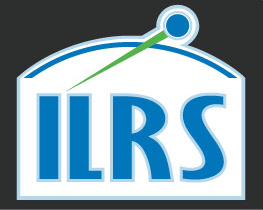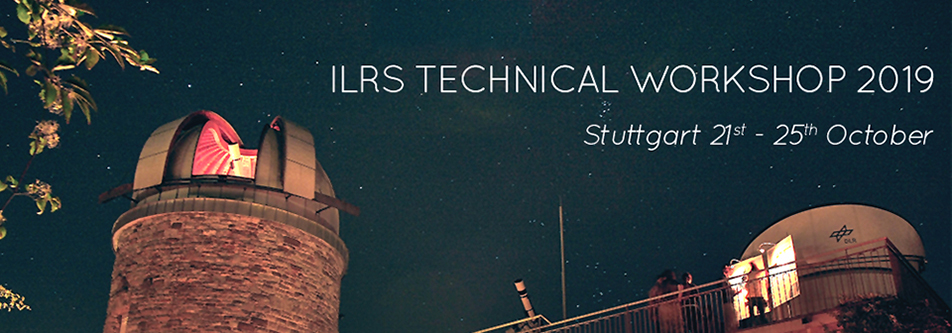Laser ranging: To improve economy, performance, and adoption for new applications
October 21 – 25, 2019
Stuttgart Germany
Every two years the ILRS conducts Technical or Specialized Workshops to focus on a few timely topics that impact the quality of our data products and our operations. These workshops are held in intervening years between the full International Workshops on Laser Ranging and are intended to provide time to articulate the issues carefully, allow for careful discussion, and formulate a path forward.
The 2019 ILRS Technical Workshop, sponsored by the DLR and the ILRS, was held in Stuttgart Germany, October 21 – 25 with the theme "Laser ranging: To improve economy, performance, and adoption for new applications". The workshop focused on addressing the following questions:
- What are the current and anticipated laser ranging requirements for the various satellites and have we defined them properly?
- How do we evaluate our current performance and is it adequate?
- What factors are currently limiting our network performance?
- What operational steps and tools would help us to better meet satellite ranging accuracy and scheduling requirements?
- What automation capabilities have been implemented or are planned for implementation, and what automation capabilities should stations consider?
The resulting program for the 2019 ILRS Technical Workshop included sessions on:
- Improving current station performance
- Synergies and new applications
- Safety & Security
- Novel concepts to improve the SLR network
With its 150 participants (attendees list, photo) from more than twenty countries and more than seventy presentations (oral and poster), the workshop illustrated the importance of SLR and its application to international scientific research.
Prior to the 2019 ILRS Workshop, the ILRS scheduled a one-day introductory course to give non-practitioners in SLR an opportunity to broaden their knowledge about laser ranging to Earth-orbiting satellites and the Moon. More information about the "SLR School" can be found in this website's school page.



